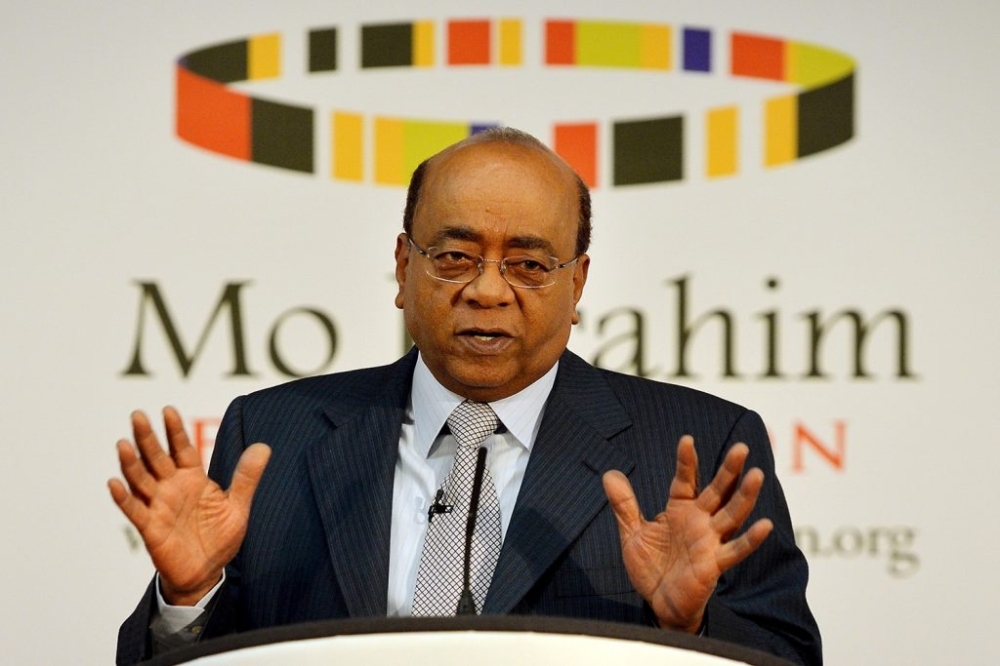A decade of progress under threat
Overall African governance flatlines
The 2022 Ibrahim Index of African Governance (IIAG), launched today by the Mo Ibrahim Foundation, highlights that African governance has flatlined since 2019, reflecting a series of disruptions caused by a combination of the Covid-19 pandemic, increased insecurity, and widespread democratic backsliding, posing a serious threat to several years of progress on the continent.Commenting on the data, Mo Ibrahim, Founder and Chair of the Mo Ibrahim Foundation, said: “The 2022 Ibrahim Index of African Governance highlights that African governance has flatlined since 2019. Unless we quickly address this concerning trend, the years of progress we have witnessed could be lost, and Africa cannot reach the SDGs or Agenda 2063.
“Our continent is uniquely exposed to the converging impacts of climate change, more recently Covid-19, and now the indirect impact of the Russia-Ukraine war. Governments must address all at once the ongoing lack of prospects for our growing youth, worsening food insecurity, lack of access to energy for almost half the continent’s population, heavier debt burden, and growing domestic unrest. Coups are back, and democratic backsliding spreading. These are challenging times. More than ever, commitment to strengthening governance must be renewed, unless we lose all progress achieved.”
Stagnation
The 2022 Ibrahim Index of African Governance highlights a stagnation of African governance since 2019, which should be a cause of concern. “We have come too far to let the disruptions of the last few years derail our ambitions and unless we quickly address this concerning trend, years of progress could be lost, and Africa might not be able to achieve the African Union’s Agenda 2063 or the UN Sustainable Development Goals,” he said.
He added that Africa is uniquely exposed to the converging impacts of climate change, Covid-19 and the Russia-Ukraine war, which have exacerbated pre-existing challenges across the continent.
“Now, more than ever, governments must focus on promoting strong institutions and good leadership, for this will be critical to navigating these crises and the challenges that lie ahead. Now is the time to strengthen our commitment to good governance. Failure to do so and we may lose much of what we have fought so hard to achieve.”
Driving this stagnation is the deterioration of both the Security & Rule of Law and Participation, Rights & Inclusion index categories, due to an increase in armed conflicts, violence against civilians, and democratic backsliding across growing parts of the continent.
Although the IIAG confirms that these concerning trends predate the pandemic, it highlights that the introduction of restrictive measures and emergency provisions to address Covid-19 and its fallout have exacerbated existing challenges by accelerating a decline in democratic practices, clamping down on dissent, shrinking the civic space, and avoiding democratic scrutiny.
Cautious optimism
The IIAG’s other two categories– Human Development and Foundations for Economic Opportunity – do offer cause for cautious optimism, as both have progressed over 2012-2021. This is particularly the case for Human Development, which has improved year-on-year across the decade, with more than 90% of Africa’s population living in a country where progress has been made since 2012.
As to Foundations for Economic Opportunity, the level reached in 2021 is higher than in 2012. This is the only category to have even continued to progress since 2019, despite the seismic shocks of the pandemic, mostly due to considerable improvements in the Infrastructure sub-category.
The 2022 IIAG Report also provides insights into key remaining data gaps on governance priorities in Africa, such as employment, health, rural areas, and climate challenges, for example, the Health sub-category is still unable to include data on health structures and capacities – a critical element of the continent’s response to any pandemic- due to a lack of data. Data is essential for effective policymaking and strengthening data production and uptake in Africa remains a priority of the Mo Ibrahim Foundation.
To sum up, the 2022 IIAG shows that governance progress is being hindered by diverging trajectories, as progress in Human Development and Foundations for Economic Opportunity is offset by a deterioration in both Security & Rule of Law and Participation, Rights & Inclusion, holding back Overall Governance. Unless sustained good governance is prioritised, decades of progress, and Africa’s ability to achieve the Sustainable Development Goals and Agenda 2063, will be under threat.



